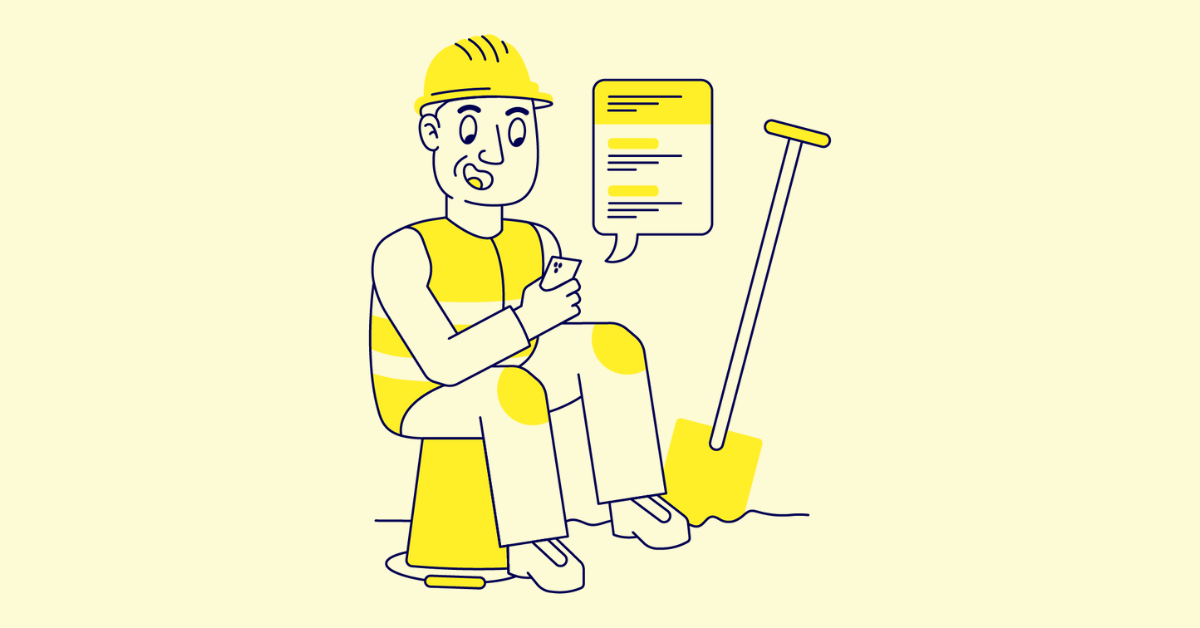There are two hours for a job or planning work marked down on the calendar. And in capital letters. But you are stuck with incoming calls and messages, and the Word file remains blank. Well, there’s always tomorrow!
Procrastination, dragging one’s feet or postponing tasks is a well-recognised phenomenon that affects employees - especially knowledge workers - and students alike. Nevertheless, procrastinators are often considered (or consider themselves to be) lazy. However, procrastination is rarely caused by laziness. Psychologically speaking, there are much deeper issues at play, such as shame, fear of failure, feelings of inadequacy and inefficiency (Riekki 2020).
End the procrastination which interferes with everyday life!
Procrastination and postponing tasks is something very human. It is something we all do at times. As a passing phenomenon that occurs from time to time, it may not necessarily interfere with one’s everyday life. Some things may simply take more time to get started with and to get done. On the other hand, when procrastination interferes with everyday life, not getting things done may cause feelings of anxiety and be genuinely troubling. This means that completing a task or a project may be delayed by not just days, but weeks or even months. The situation can become a vicious circle: if things do not get done when they should, this causes increasing feelings of anxiety, failure and shame. These feelings, in turn, make it even harder to take action.
If you want to put an end to procrastinating, ask yourself the following questions:
1. MOTIVATION: What motivates you? Who are you doing this for and why?If you notice that the reason for procrastinating lies in lack of motivation, ask yourself if your work is in contradiction with your values. Have you agreed to do something that you do not actually believe in and cannot stand behind? In order to begin, you must want to begin.
2. RESOURCES: Do you have the resources needed to complete the task at hand?
If you notice that the task you need to do does not match your skill level or you need support, think about who you could ask for advice. Is there anyone who has experience of similar matters who could help you? Do not hesitate to ask for help or show your unfinished work to others. Receiving support at the beginning of a project may change the direction of the entire workflow for the better.
3. OBJECTIVES: Have you broken the task down into small enough steps?No one can type a whole academic thesis in one sitting or complete a large-scale work project at once. Unless you break the task down to smaller sub-targets and easily approachable steps, it can feel impossible to get a good grasp on it. This will make starting work seem daunting and difficult. Splitting the task into smaller steps will make it much easier to get started.
4. FEARS: Are you too self-critical?Do you recognise a strong, self-critical voice or fear of failure that causes you to get stuck behind the starting line? Whatever the task and in addition to everything mentioned above, in order to get started, you need faith and trust in your own abilities. You need to believe that you are the right person to provide a contribution, and one that really matters. Everyone must walk before they can run, so be gentle to yourself!
The art of self-management
Challenges with getting started are common in planning or design-related tasks that occur frequently in knowledge work and require creative thinking. These days, you often hear talk about information overload and how it causes interruptions in creative work and causes the work to become fragmented. That’s why self-management skills have become so important. In order to get things done, you also need to fit your own design or planning work in your calendar. Creative design or planning cannot be rushed. It requires time and repeated effort. For procrastinators, prioritising and self-management are essential tools for survival.
If you feel that your procrastination tendencies are causing problems with your everyday duties, it is a good idea to talk to a professional. For example, Auntie’s Leading Me package can help you to find points for improvement in your personal time management and help you to reinforce your self-management skills on a daily level. The familiar saying about old dogs does not quite hold up to reality; we can and will learn new ways of working if we really want to. Even if a task has been feeling overwhelming for a long time, getting new perspective from and discussing the matter with a professional may strengthen your self-understanding and help you get restarted with the task in question. If you recognise that there are underlying mental health challenges that contribute to your procrastination tendencies, such as depression or a deep feeling of anxiety, it is important that you also seek medical attention with your occupational healthcare provider.
Getting started is always a step into the unknown. You can support your own progress by rewarding yourself for even the smallest steps. For some, this reward may take the form of a coffee break in good company, while for others, a day off after the task is done is the best option. In the context of remote work, it is also important not to get stuck in a rut for too long on your own. Sharing goals with others creates a good, positive pressure to work on the project.
It seems paradoxical, but you can only gain more trust and confidence by trying, making mistakes and trying again.
You need to trust yourself. You can only succeed if you manage to start in the first place.
Writer:

Freia Luminka
Freia Luminka (b.1979) is a psychologist (MA Psychology) and writer. She has spent long periods abroad participating in various projects and volunteering. In 2014–2020 she worked for the Maria Akatemia as an expert of violence prevention. Now she is self-employed and provides online mentoring services. Freia is particularly interested in people’s hidden resources and intuition. She has provided individual and group counselling to hundreds of clients, helping them to unlock their potent





